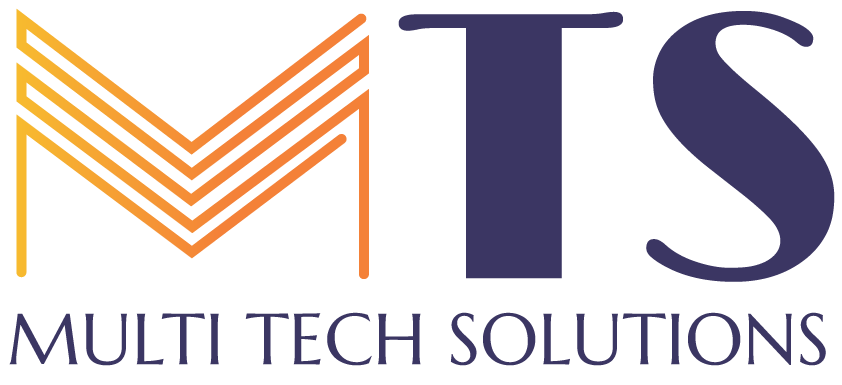
Software companies need Quality Assurance (QA) for development projects for several reasons.
Ensures product quality:
QA teams are responsible for testing and verifying that the software meets the requirements and specifications set by the company and the customers. They ensure that the software is free from defects, bugs, and errors, and that it functions as intended. This helps to ensure that the final product is of high quality and meets the standards set by the industry.
Improves customer satisfaction:
By ensuring that the software is free from defects and errors, QA teams help to improve customer satisfaction. Customers expect software to be reliable and easy to use, and QA teams help to ensure that this is the case. This helps to build trust with customers and increases the likelihood of repeat business.
Reduces costs:
Finding and fixing defects and errors during the development phase is much cheaper than finding and fixing them after the software has been released. QA teams help to identify and fix issues early on, which reduces the cost of development and maintenance.
Enhances the software’s performance:
QA teams are responsible for evaluating the software’s performance and making recommendations for improvements. They help to identify bottlenecks and performance issues, and make recommendations for optimizing the software’s performance. This helps to ensure that the software is fast, responsive, and able to handle large amounts of data.
Ensures compliance:
Many industries have specific regulations and compliance requirements that software must meet. QA teams are responsible for ensuring that the software meets these requirements, which helps to protect the company from legal and financial penalties.
In conclusion, Quality Assurance is a vital part of the software development process. It helps to ensure that the software is of high quality, improves customer satisfaction, reduces costs, enhances the software’s performance and ensures compliance with industry regulations. Without QA, software companies risk releasing products that are full of bugs, errors, and defects, which can harm the company’s reputation


